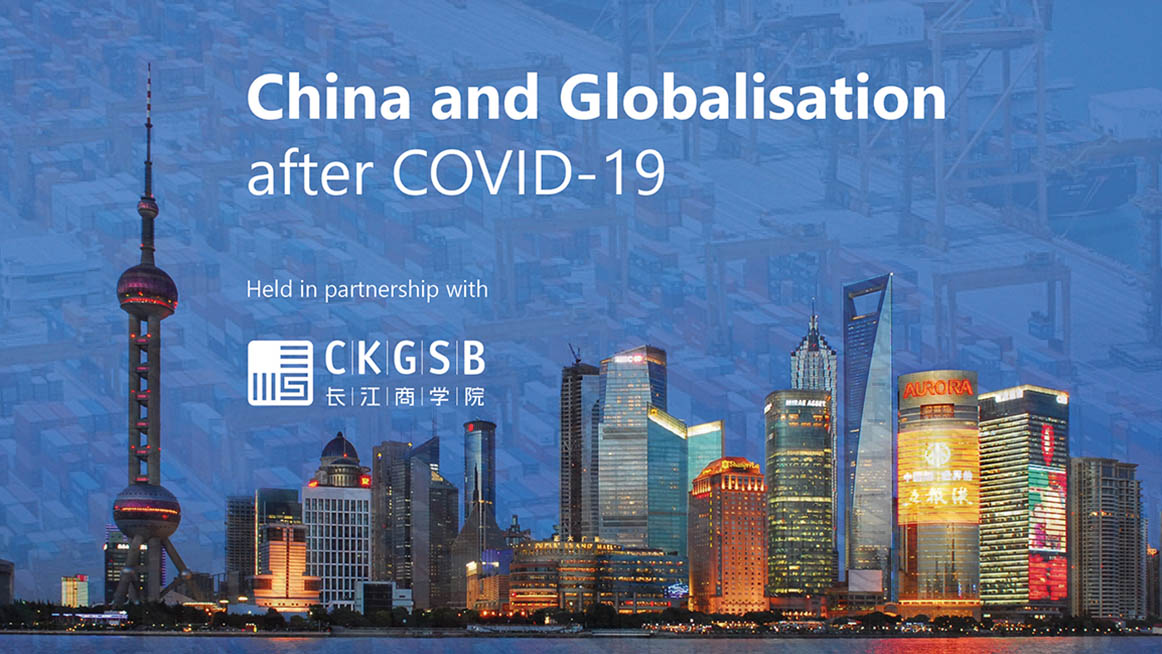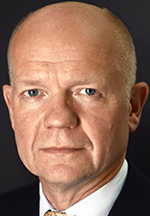Driving commercial and political engagement between Asia, the Middle East and Europe
Driving commercial and political engagement between Asia, the Middle East and Europe
Driving commercial and political engagement between Asia, the Middle East and Europe

The COVID-19 pandemic has exposed weaknesses and over-reliances in international supply chains, leading to concerns of a pushback against globalisation. While the multilateral trading system was already under stress before the pandemic – with rising protectionism and trade tensions – the current crisis has deepened anti-globalisation sentiments and accelerated efforts to reshape and regionalise supply chains.
China, which has been a major beneficiary of globalisation, is now under new pressures as some countries, led by the US, begin to re-assess China’s role in their economies and even seek to exclude Chinese involvement from key industries.
At the same time, observers have noted that the Chinese government may focus on its domestic market in the wake of the crisis, rather than continuing pre-pandemic levels of support to overseas infrastructure projects and the internationalisation of Chinese capital.
In this off-the-record digital briefing, held in partnership with CKGSB, expert speakers will consider the future of globalisation and the established international order in the aftermath of COVID-19, and the role China will play in the future world economy.
To register interest in joining this event, please email Edward Danks, Content Producer, at edward.danks@asiahouse.co.uk
SPEAKERS
 The Rt. Hon. the Lord Hague of Richmond
The Rt. Hon. the Lord Hague of Richmond
Lord Hague was first elected to Parliament at a by-election in 1989. At 27 years old he was the youngest Conservative Member of Parliament. He was re-elected a further five times. He was appointed Secretary of State for Wales in 1995 making him, at 34, Britain’s youngest cabinet minister since 1947. He became leader of the Conservative Party after the 1997 General Election, the youngest leader of a major political party in the United Kingdom in 200 years.
Lord Hague led the negotiations with the Liberal Democrats following the 2010 General Election that led to the creation of the Coalition Government. During his tenure as Foreign Secretary from 2010 – 2014, he set about reviving the Foreign and Commonwealth Office, opening new embassies in Latin America and Africa, expanding Britain’s presence in China and India, re-opening the language school, establishing the Diplomatic Academy, and personally visiting 83 countries.
In July 2014 he declared his intentions to step down from front-line politics at the 2015 General Election, becoming Leader of the House of Commons in his final 10 months in Government, and retaining his position as First Secretary of State. Lord Hague has written two very successful and critically acclaimed political biographies: of William Pitt the Younger, which won the History Book of the Year prize in 2005, and William Wilberforce: The Life of the Great Anti-Slave Trade Campaigner. William is currently chairing the United for Wildlife Taskforce which is tackling the trafficking of illegal wildlife products, as part of a collaboration of seven conservation organisations and The Royal Foundation, and is Chairman of the Linklaters International Advisory Group.
Xiang Bing
Founding Dean, Professor of China Business and Globalization,
Cheung Kong Graduate School of Business
Dr Xiang Bing is the Founding Dean and Professor of China Business and Globalization at Cheung Kong Graduate School of Business (CKGSB). Prior to joining CKGSB, Dr Xiang was a Professor at Peking University’s Guanghua School of Management, where he pioneered the school’s Executive MBA program. He was also one of the seven founding faculty members of China Europe International Business School (CEIBS) in Shanghai. Previously, Dr Xiang served on the faculty of the Hong Kong University of Science and Technology. He has served as an independent board member of a number of companies (including two Fortune Global 500) listed in Hong Kong, Mainland China and the United States. He is a member of the International Advisory Council of Fundação Dom Cabral (FDC, a top-ranked business school in Brazil), and a Counselor for One Young World Summit in Dublin. He also served as a member of the Board of Trustees for United Way Worldwide (US) from 2011-2017, the largest private charitable organisation in the world.
Dr Xiang’s research interests include the reform of state-owned enterprises, innovation and the role of the private sector in China. He is a leading authority on China business, innovations in China, globalisation of Chinese companies, China’s development models and global implications of China’s transformation, social innovations and global economic disruptions, China-US relations, global trade and investment systems and global governance. His writings and cases on these subjects are considered among the most influential in China.
 Taimur Baig
Taimur Baig
Managing Director and Chief Economist Group Research, DBS Bank
Taimur Baig, Ph.D., heads economics as well as macro strategy for interest rate, credit, currency, and equities at DBS Group Research. He also advises the bank on risk management and investment strategy.
Prior to joining DBS, Dr. Baig was a Principal Economist in the Economic Policy Group, Monetary Authority of Singapore (MAS). Earlier he spent nine years at Deutsche Bank’s Singapore office, where his last position was Managing Director and Chief Economist, Asia.
Before Deutsche Bank, he was based in Washington, DC, at the headquarters of the International Monetary Fund, for eight years, where his last position was Senior Economist. Dr Baig has published extensively for both specialists and a general audience, on areas including monetary policy in a deflationary environment, exchange rate regime determination, demographics, energy sector, frontier markets, fiscal policy efficacy, and financial market contagion.
Dr Baig sits as a council member for the Asian Financial Think Tank, Economic Society of Singapore, and Women’s World Banking. He holds a Ph.D. in Economics from the University of Illinois at Urbana-Champaign. He attended London School of Economics and Wabash College for his B.A. in Economics.
About Cheung Kong Graduate School of Business (CKGSB)
Established in Beijing in November 2002, Cheung Kong Graduate School of Business (CKGSB) aims to cultivate transformative business leaders with a global vision, a humanistic spirit, a strong sense of social responsibility and an innovative mind-set. As a global business school, CKGSB is the leading pioneer and industry front runner for East Asia and ASEAN countries.
Today, CKGSB stands apart for its full-time, world-class faculty, research excellence, China insights and an unparalleled alumni network. More than half of its faculty members previously held tenure or senior professorships at top business schools, such as MIT, Wharton, and Yale. CKGSB is the school of choice for management training among China’s prominent business leaders, and, increasingly so, among international elites. More than half of its 14,000 alumni are at the CEO or Chairman level and, collectively, they lead one fourth of China’s 100 most valuable brands.
The school offers innovative degree and non-degree, full-time and part-time programs including MBA, Chinese MBA, Finance MBA, Master of Entrepreneurship and Technology Innovation (METI), Executive MBA, Business Scholars Program, Executive Education Programs and Chuang Community in English, Chinese and Korean for professionals and management teams from around the world.
Headquartered in Beijing, CKGSB is also located in Shanghai, Shenzhen, New York, Hong Kong and London. For more information, please visit http://english.ckgsb.edu.cn/
